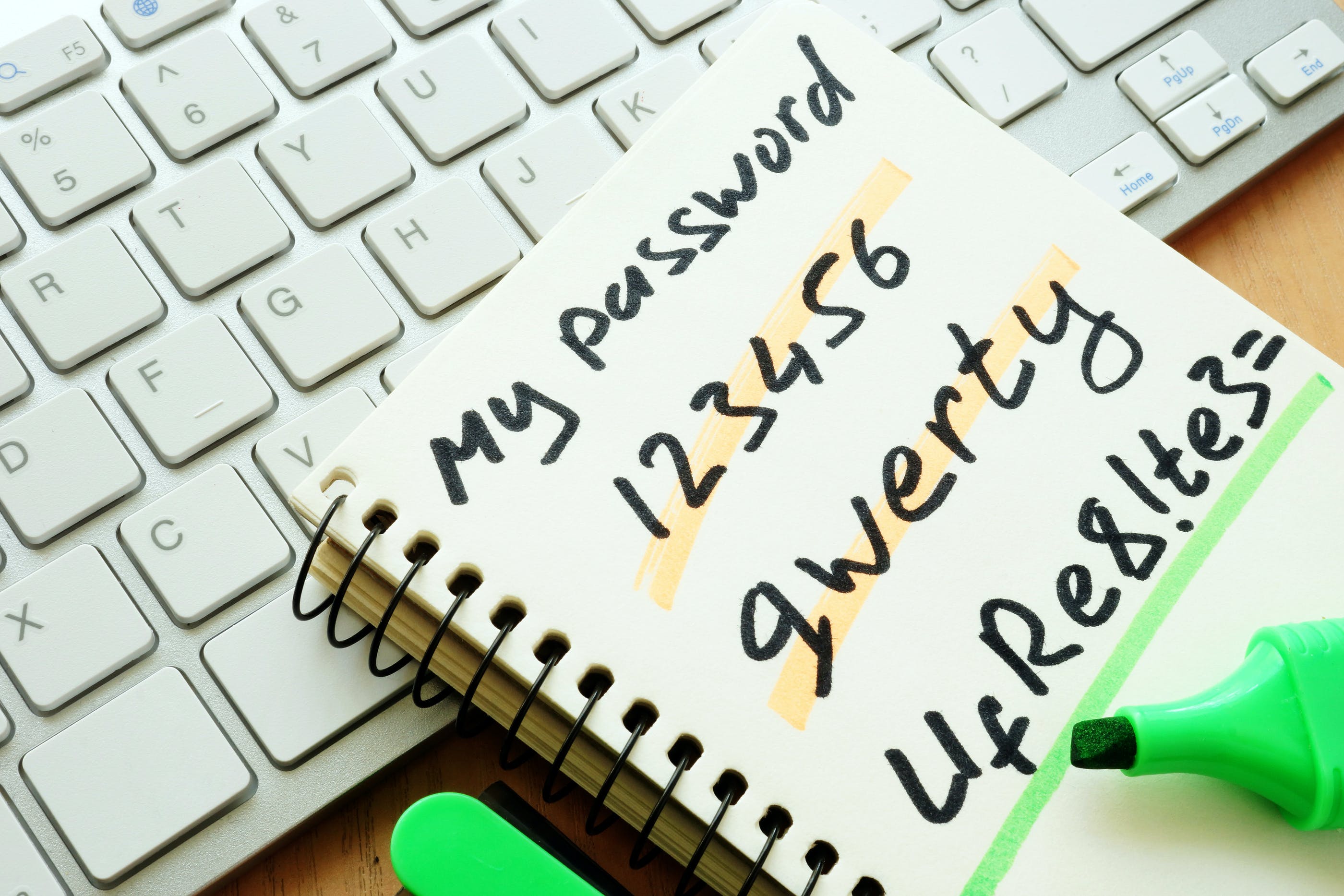THE IMPORTANCE OF USING STRONG PASSWORDS

Just under 75% of website users have trouble remembering their passwords. Weak and ineffective passwords are the root of up to eighty percent of cyber-attacks. Yet, many people continue to exercise poor judgement when it comes to securing their data and payment systems. This tends to cause risky behavior such as reusing passwords across multiple sites or storing sensitive passwords in online files that could be compromised.
With so many passwords required in our daily lives, users become frustrated about how many they will need in fear that they will forget them if they make them too complicated to remember. A strong password provides essential protection from financial fraud and identity theft. Simple and commonly used passwords enable intruders to easily gain access and control of a computing device.
Whether a user can remember their password or not shouldn’t be part of the equation. Using a password manager allows you to use strong, difficult to guess passwords without having to manage them. A password management software stores your credentials for online accounts securely. All the information within the system is protected by one master password, many also facilitate two-factor authentication making it more secure.
To reduce the risk of a hacker guessing your password, take into account these features when creating your password:
-
Crucially, passwords must be long and complex.
-
Long and complex passwords require extra effort making it difficult for a hacker to guess and thus will move onto easier targets.
-
Adding a combination of commas, parentheses, upper-case and lower-case letters, percent signs and characters significantly increase the strength of the password and lowers its ability to be cracked. Even better make them at least 10-12 characters long.
-
Hackers love it when users have the same passwords for multiple devices, as once they break into one account, they will try another with the same password. To avoid this occurring, never use the same password for two or more devices.
Whilst passwords, passcodes and PINS are vital for security when using devices online and using websites; there are other checks you can do:
-
Never share your passwords and passcodes with anyone.
-
When browsing, only enter personal and financial details on websites with SSL certificates. You will know when SSL certificates have been installed by noticing the ‘https’ and a padlock in the browser.
-
Ensuring your computer security software is updated and not expired if you have a free trial version.